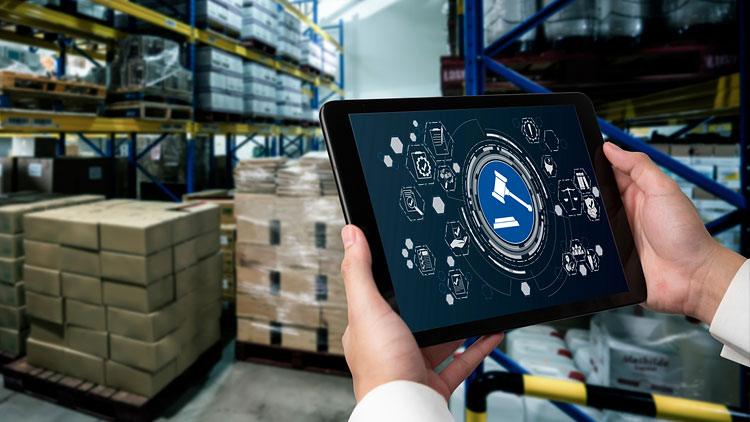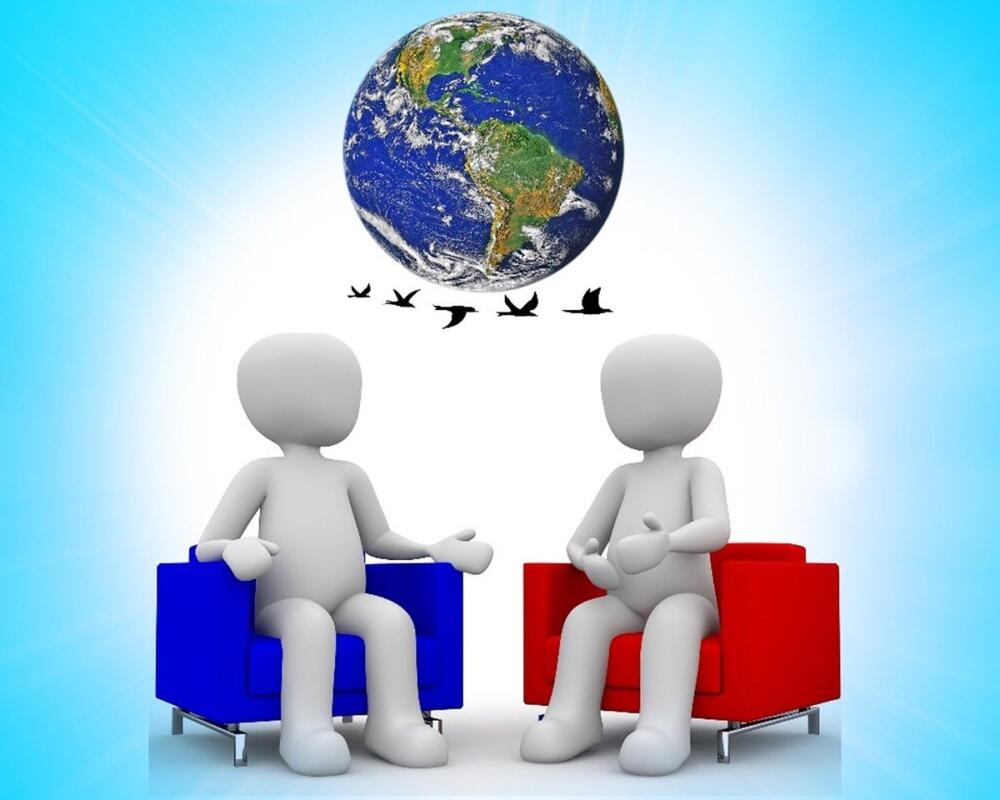
“The importance of supply chain rules and regulations cannot be overstated; they facilitate trust, collaboration, and efficiency among supply chain partners.”
Supply chain rules and regulations are the new frontier of supply chain management. And they are reshaping the game! In the wake of this changing landscape, businesses must shift their focus from spend management to compliance with evolving supply chain regulations.
Why so?
Simply put, supply chain professionals must keep an eye on new laws, rules, and regulations, since these orders have an impact on their businesses and reputations. These supply chain laws include requirements like sustainability, environmental impact, human rights, anti-corruption and more.
Often staying current with the ever-changing regulations is easier, but abiding by them can be difficult! Despite the complexity — businesses must be ready for every supply chain rules and regulations.
International Trade Regulations
Did you know that over 76% of world trade comes from transactions within global supply chains? That’s what the International Trade Administration reports! These supply chain rules include import and export restrictions, customs procedures, and trade agreements that govern the movement of goods across borders. And so, these policies are powerful enough to disrupt or redirect global trade patterns.
ESG (Environmental, Social, and Governance) Standards
Interestingly, the supply chain has a huge impact on the environment. Just the transportation sector alone contributes to 29% of greenhouse gas emissions in the U.S. and 14% worldwide.
A few years back, Chevron showcased its social responsibility by allocating $10 billion by 2028 to transition from fossil fuels to emerging technologies like biofuels and hydrogen.
Similarly, UPS’s ORION route planning software saved a whopping 200 million miles and 10 million gallons of fuel every year. Not only did it save time and money for UPS, but it also cut down on carbon dioxide emissions by a massive 100,000 metric tons.
It’s not just about the environment though, the supply chain also has a big social responsibility; It employs around 450 million people worldwide! This social aspect is all about human rights, labor standards, and child labor.
Ignoring ESG compliance can lead to serious consequences like harming the environment, damaging reputation, and even facing legal penalties.
Product Safety and Quality Regulations
The supply chain also needs to adhere to product safety and quality rules just to make products meet the necessary standards. These supply chain rules cover certifications, labels, health and safety, and testing. Also, when it comes to legal requirements in terms of quality and safety, the supply chain can be tricky!
In 2020, a big retailer in the U.S. was fined $1 million for breaking California’s hazardous waste laws. They were accused of illegally disposing electronic devices, batteries, and other hazardous materials into landfills.
Data Privacy and Security Regulations
With the increased digitalization, data privacy and security rules are crucial for supply chains. Companies must limit data sharing with outside partners, tighten access controls, do audits and risk assessments, deal with cyber risks, and follow rules like GDPR to keep sensitive information safe.
A few years ago, data breaches at Capital One revealed the personal information of over 100 million customers, resulting in an $80 million fine. It was said that security vulnerabilities in the company’s supply chain led to the breach.
Anti-corruption and Bribery Regulations
Corruption in supply chains is a persistent problem that can cost businesses their reputation and money. Clearly, buyers and suppliers should have anti-bribery policies and procedures, apart from best practices like due diligence, anti-corruption policies, and specific practices for company representatives. For this reason, businesses need internal compliance systems and must consider risks throughout their supply chain.
Corruption should not be left unchecked, and to demonstrate, Adidas takes a stance against corruption in its supply chain with a Supplier Code of Conduct that addresses this issue. To ensure that suppliers follow this anti-corruption law, they conduct regular supplier audits to ensure compliance.
Following best practices goes beyond just meeting the basic standards. It means going above and beyond to ensure safety and quality. They help build trust between all the stakeholders and when everyone knows the rules and follows them, it’s easier to work together and collaborate smoothly!

Rahul Asthana has a PhD in Operations Management from the Anderson School at UCLA. He has 25 years of experience in supply chain management, starting his career in IBM working in supply chain operations. He then moved into product management and product marketing of supply chain software while at SAP and Oracle. He manages product strategy and product management at Gainfront. In terms of hobbies outside of work, he really enjoys tennis. Follow Rahul Asthana on Linkedin!


